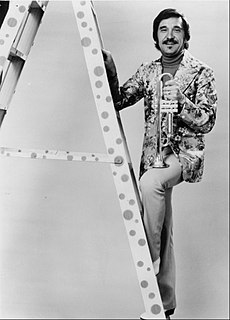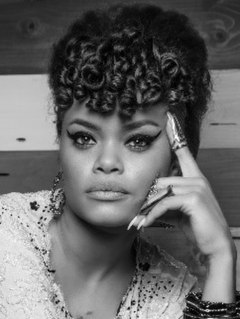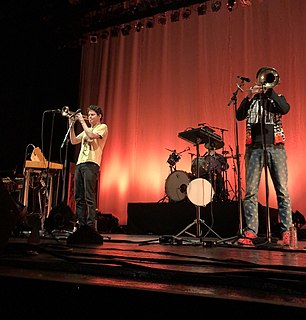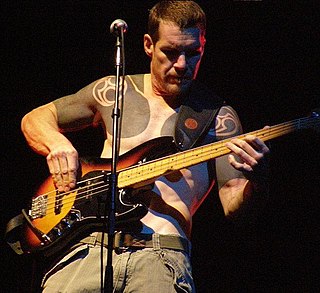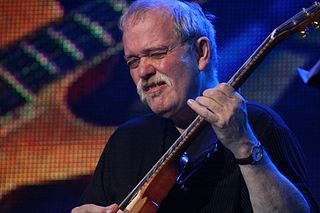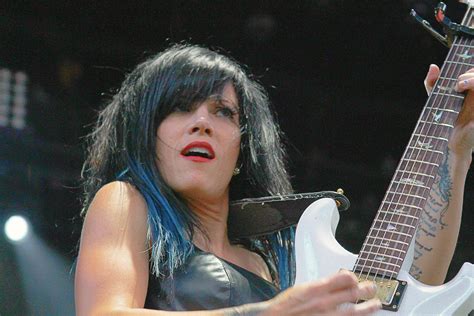A Quote by Tori Amos
There's a richness to the old works if you look before the 1950s. The chord progressions and the language was more complicated, especially in the jazz and classical world.
Related Quotes
When I was nine years old, I started playing guitar, and I took classical guitar lessons and studied music theory. And played jazz for a while. And then when I was around fourteen years old, I discovered punk rock. And so I then tried to unlearn everything I had learned in classical music and jazz so I could play in punk rock bands.
The average age of the Jazz audience is increasing rapidly. Rapidly enough to suggest that there is no replacement among young people. Young people aren't starting to listen to Jazz and carrying it along in their lives with them. Jazz is becoming more like Classical music in terms of its relationship to the audience. And just a Classical music is grappling with the problem of audience development, so is Jazz grappling with this problem. I believe, deeply that Jazz is still a very vital music that has much to say to ordinary people. But it has to be systematic about getting out the message.
Shook is the musical universe I created. I come from a classical and jazz background and my father is a jazz pianist, so my world bears largely the marks of this influence. As a sort of gateway, I started composing my own music on the computer at the age of 13. Before Shook, I had not yet discovered the kind of music I wanted to dedicate myself to, so I did a little of everything.


